Help
Community21 has selected some case study communities and projects to share across the network to inspire and inform others. Should we be featuring yours? If so get in touch.
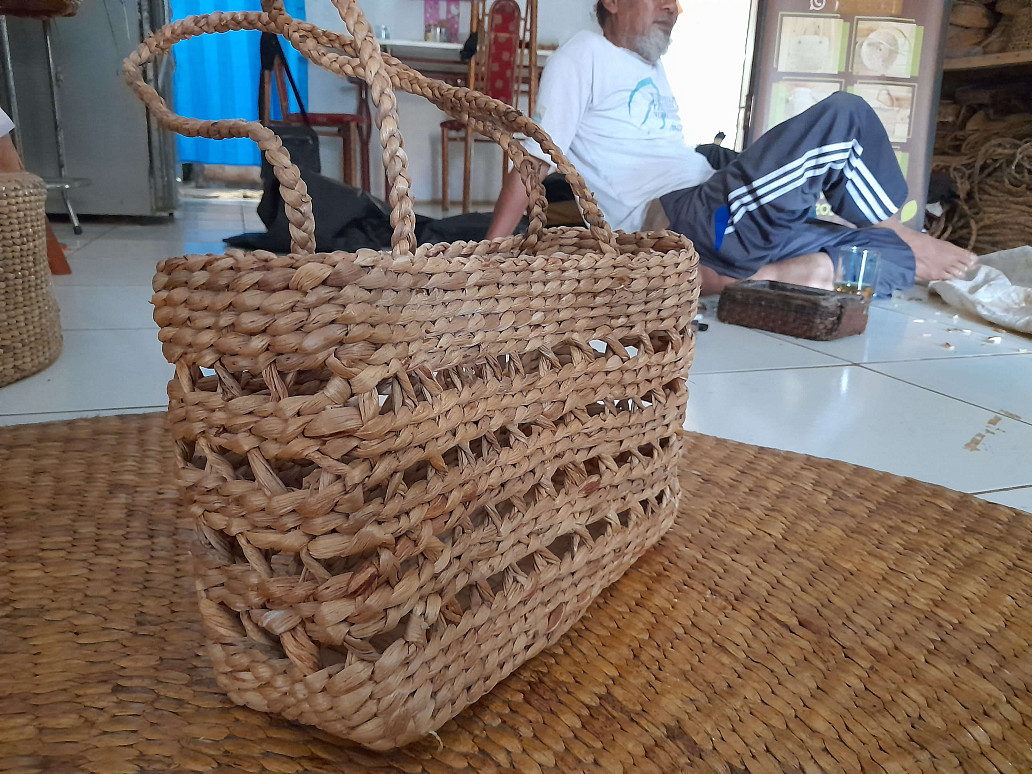
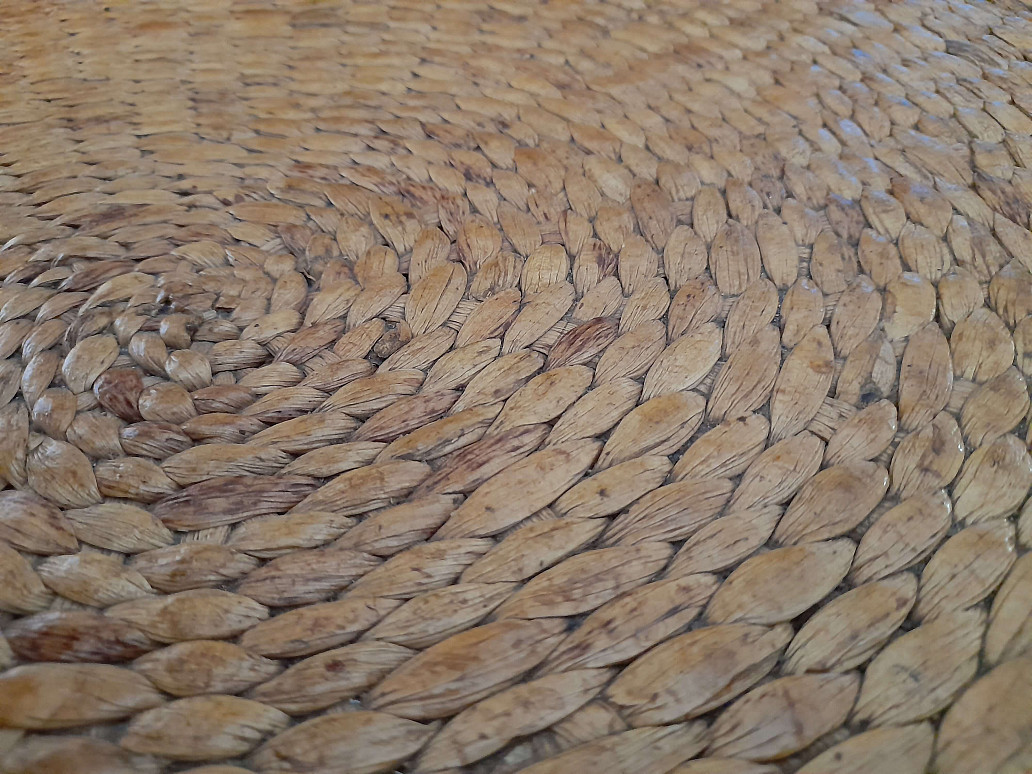
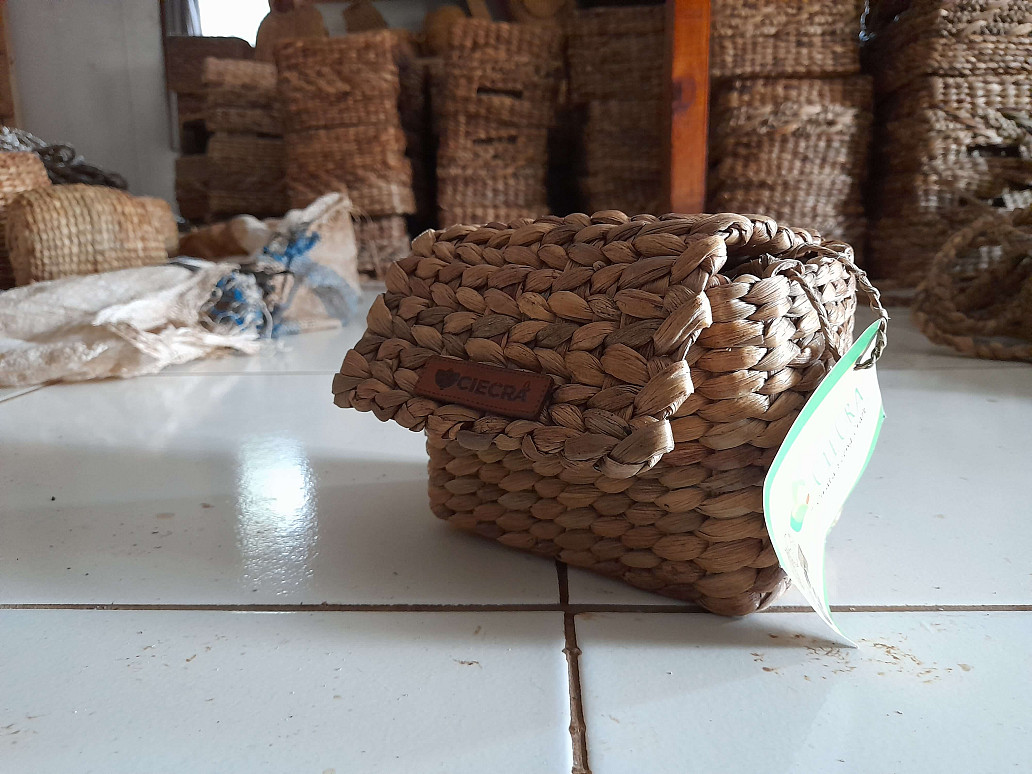
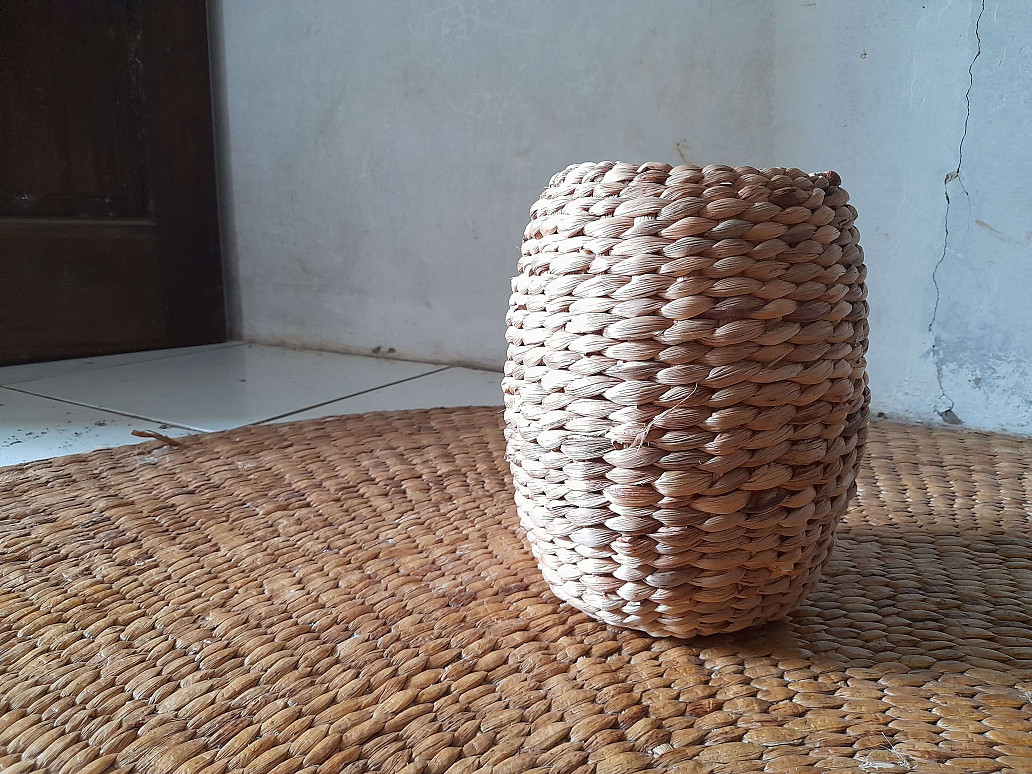
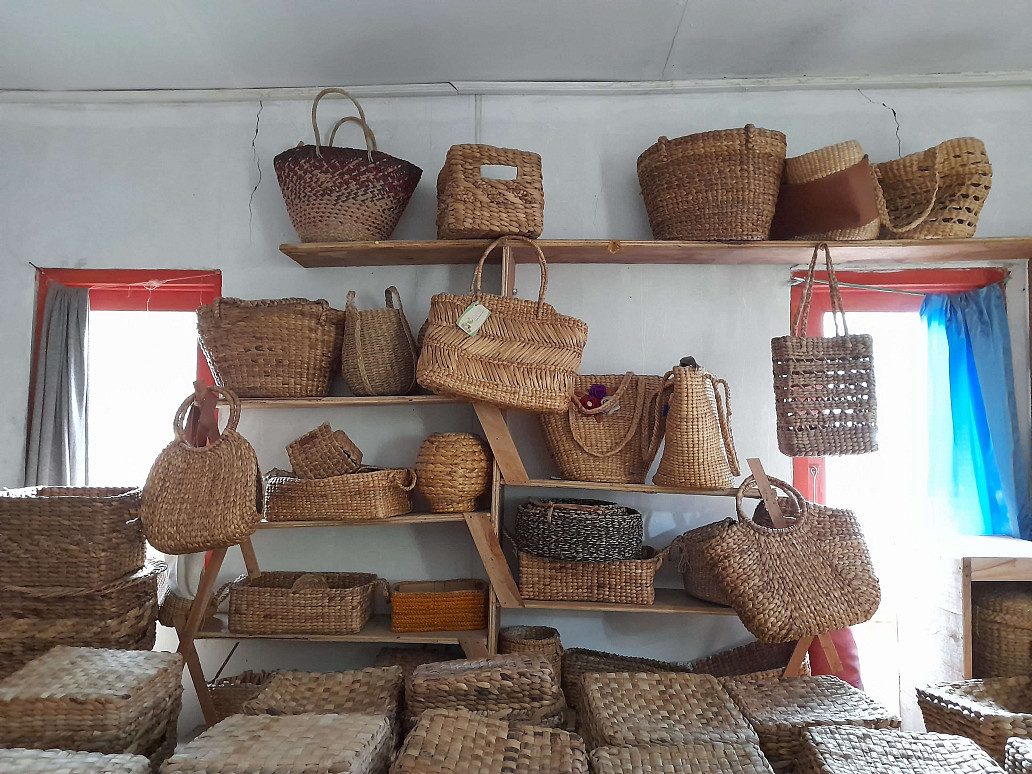
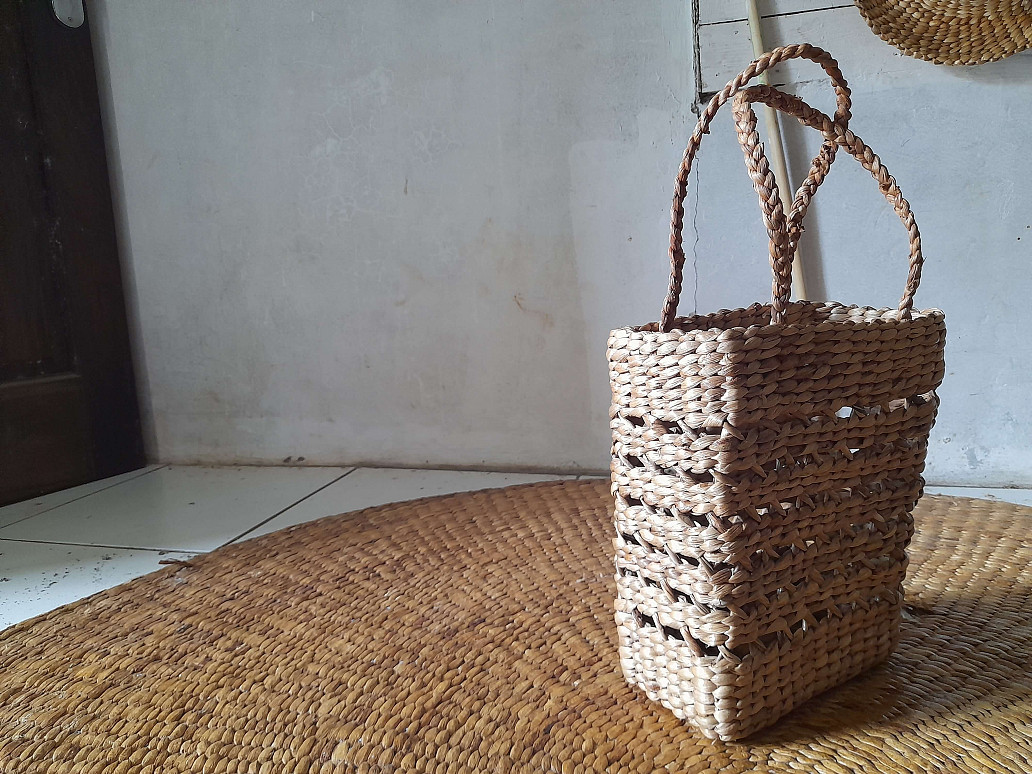
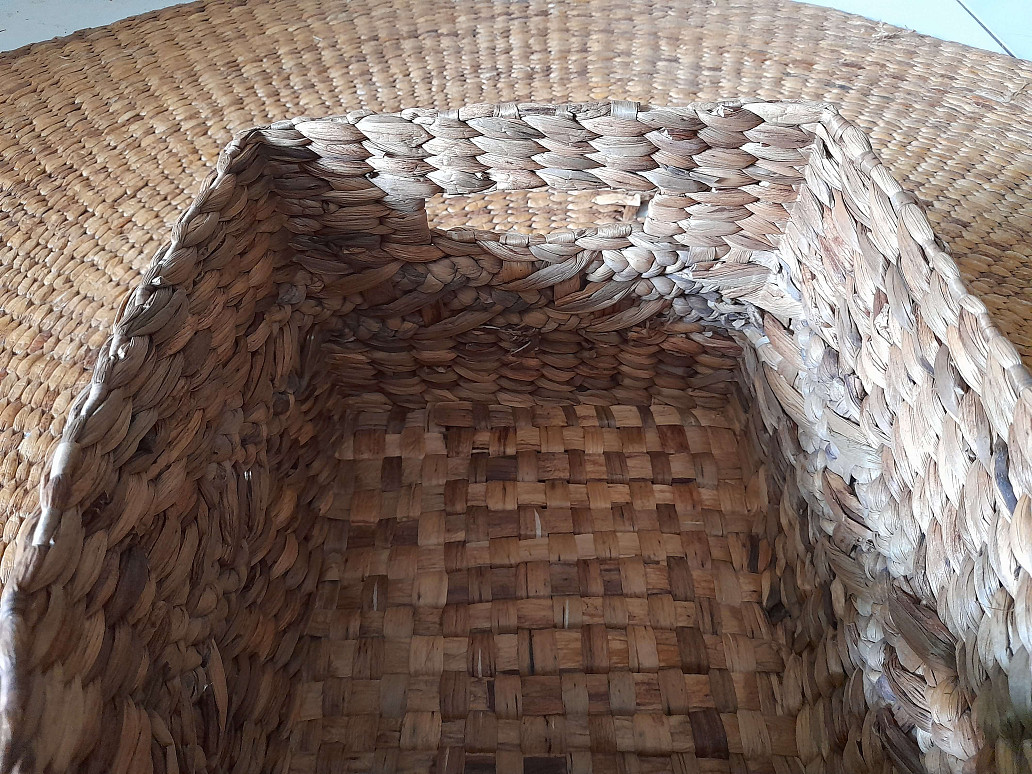
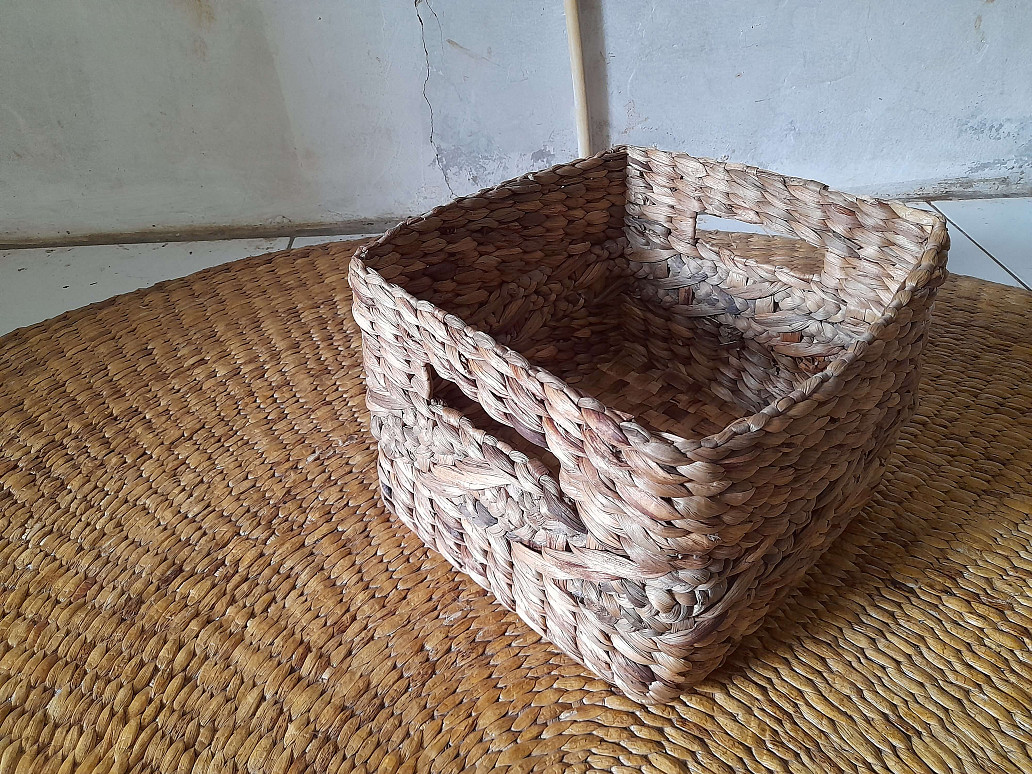
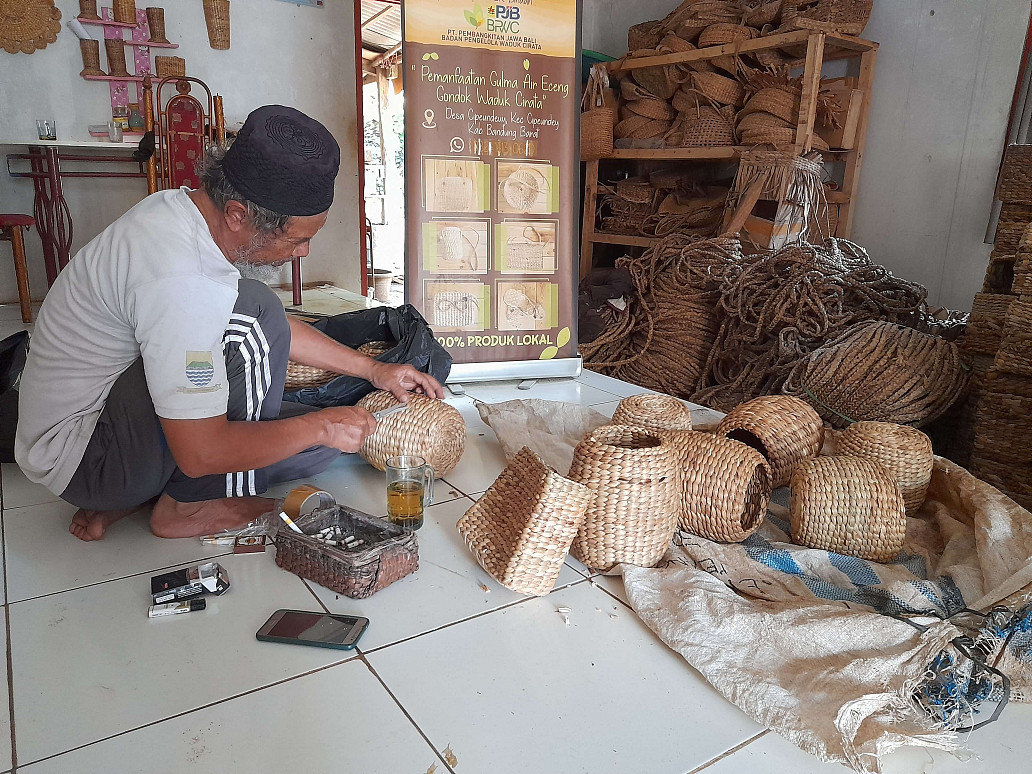
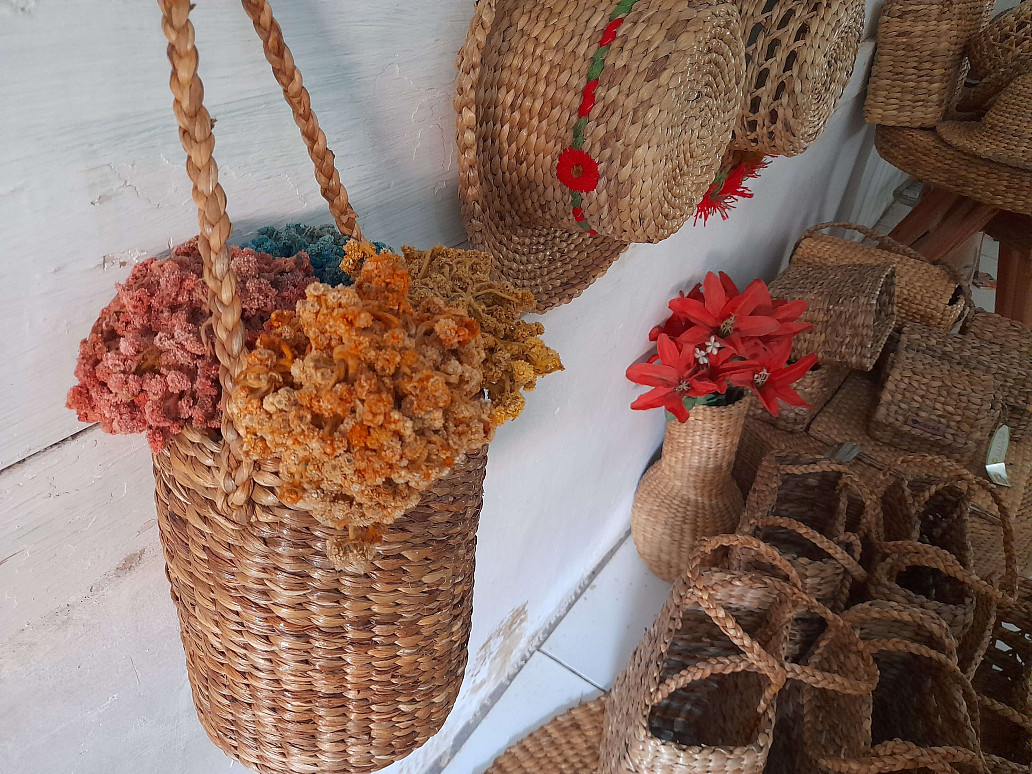
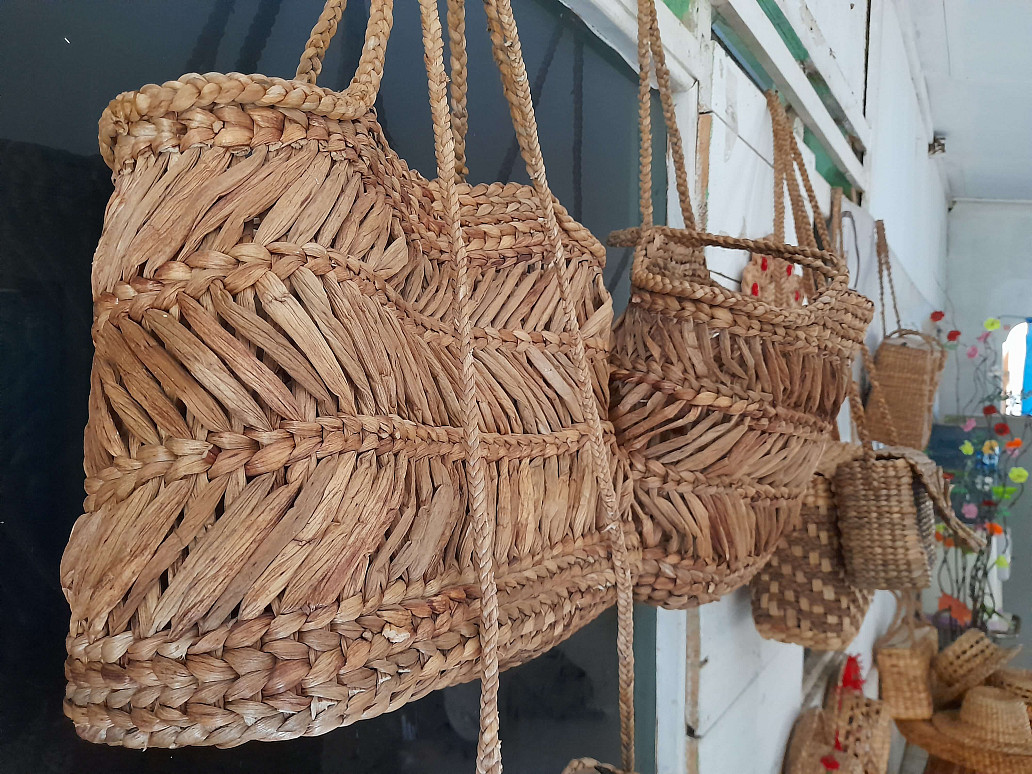
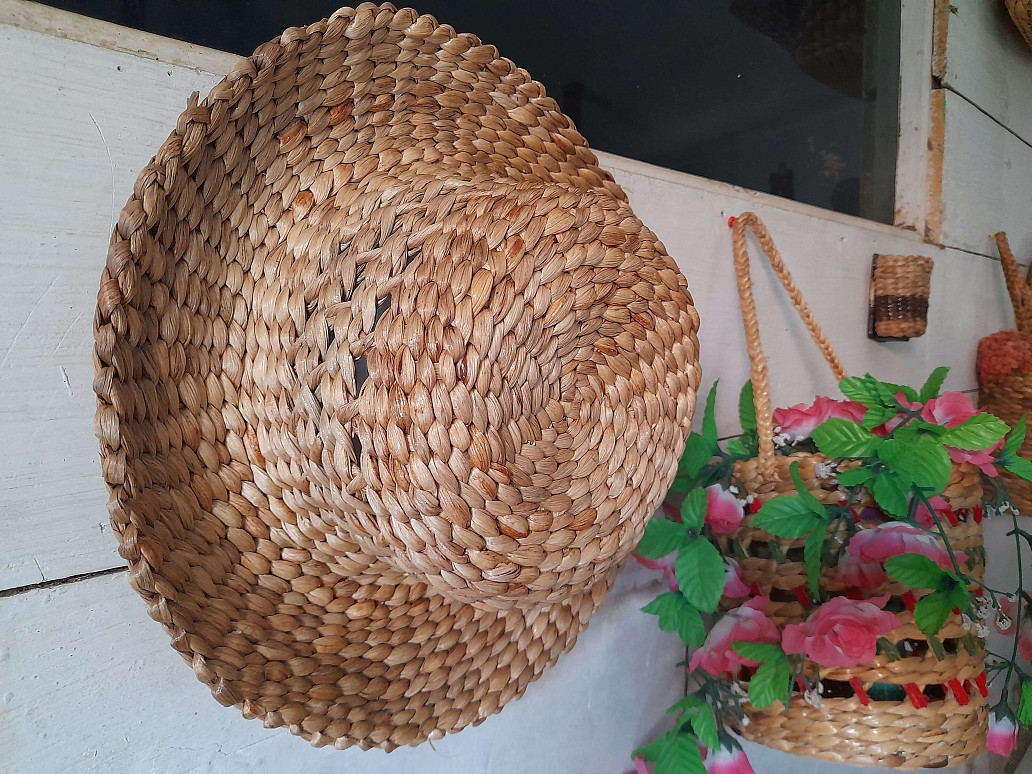
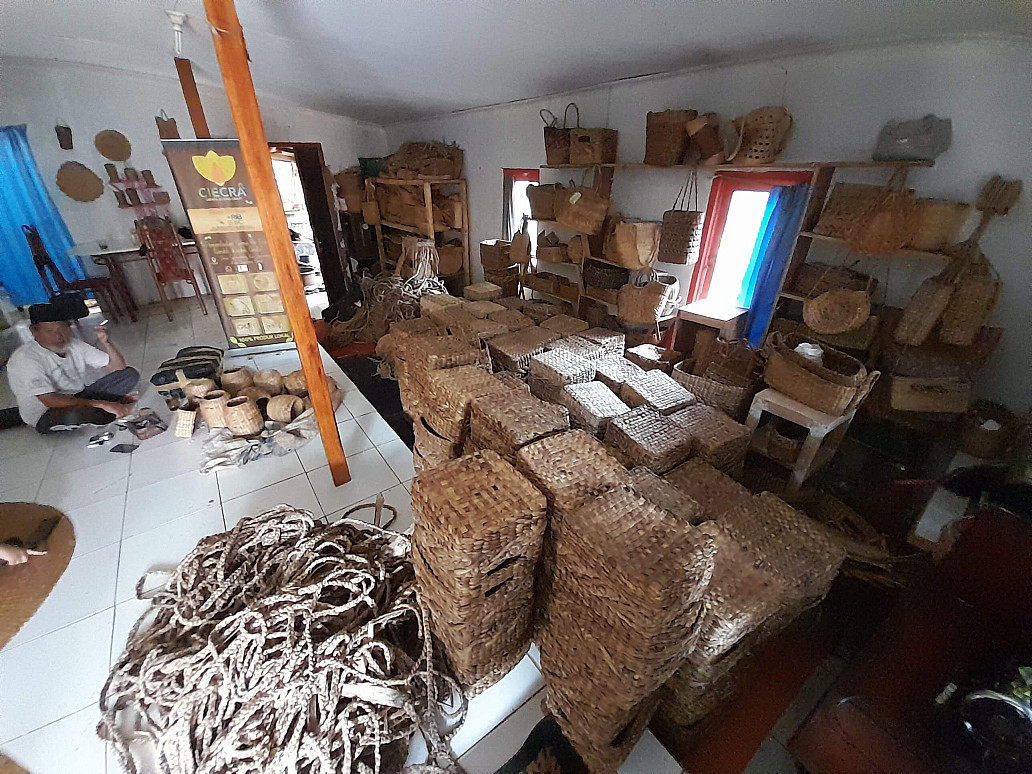
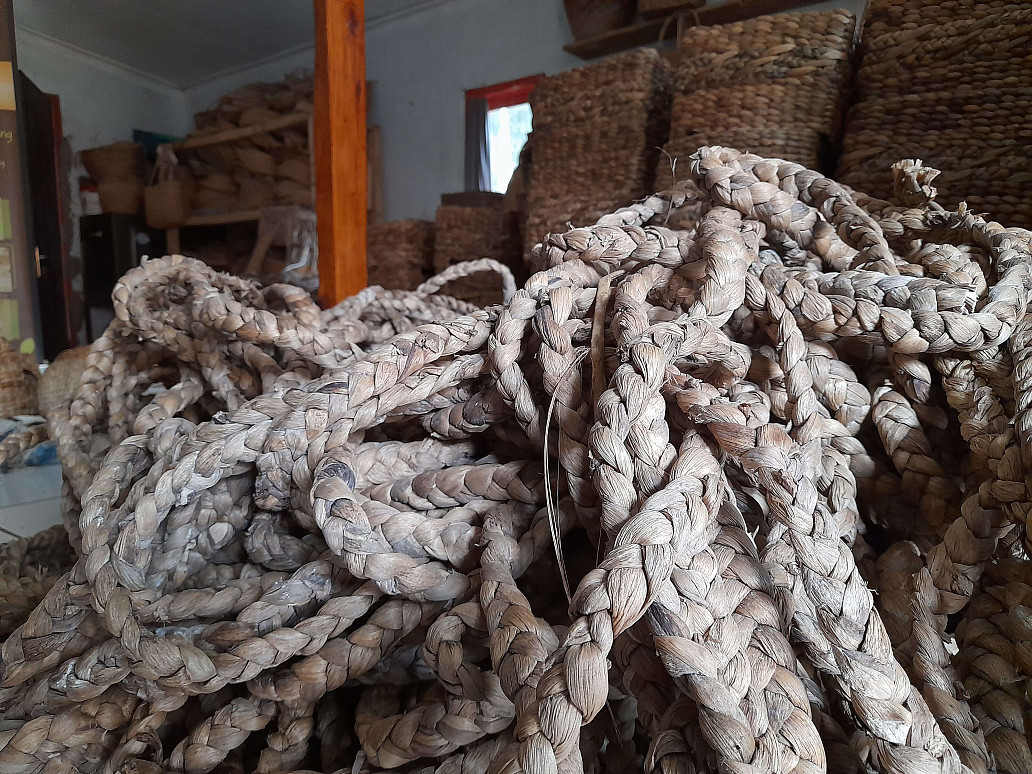
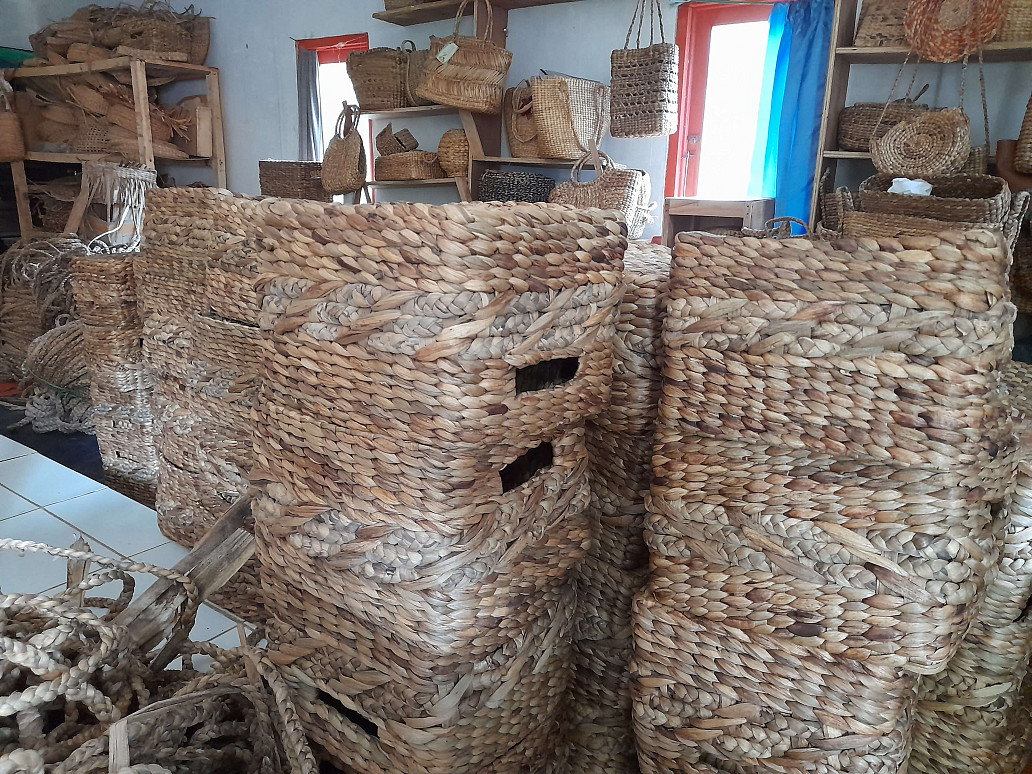
Name:Duduy
Location: Cipeundeuy District, West Bandung Regency
Specialist materials: Water Hyacinth
Products:Webbing
Pak Duduy is the figure behind developing woven water hyacinth products in Cipeundeuy, West Bandung Regency. In 2000, Mr. Duduy attended entrepreneurship training for people who live nearby Cirata Reservoir from PT. The Java-Bali Generation (PJB) and the Cirata Reservoir Management Agency (BPWC) collaborated with the tourism office. Pak Duduy innovated and learned how to turn the water hyacinth that massively floats in the Cirata Reservoir into woven crafts. Water hyacinth is a plant that is considered an invasive weed because of its rapid growth speed, which can damage the aquatic environment. Pak Duduy's innovation also received attention from the training organizers, and they offered Pak Duduy supports to develop his business. After that, Pak Duduy shared his knowledge of making water hyacinth product by empowering women in the surrounding villages. At present, there are 100 craftsmen spread over 9 villages in Cipeundeuy District, and there are 20 people who collect water hyacinths in Cirata Reservoir. The water hyacinth woven crafts made by Pak Duduy are bags, baskets, hats, carpets, and even chairs. Pak Duduy usually starts by learning designs from other people's products, then develops them with different characteristics. The raw material only requires dry water hyacinth, which can easily be found in Cirata Reservoir, but sometimes when the supply of water hyacinth material runs out, he buys t from the Yogyakarta area. The manufacturing process starts from taking water hyacinth from the reservoir. The hyacinth used should be long enough to make it easy to weave. It is further dried in the sun until completely dry and robust. Water hyacinth that is still wet is more vulnerable and easily damaged, which sometimes becomes an obstacle in making crafts. Water hyacinth will take longer to dry during the rainy season due to the lower sunlight intensity. However, even dried water hyacinths should be stored in dry place to avoid mold that causes spoilage. When the water hyacinth is dry, Pak Duduy will distribute the ingredients to the villages where his craftsmen are located. The finished product will be stored again in the warehouse before sending to the customers. Some products are usually re-coated with protective paint to make them more sturdy and shiny. Mr. Duduy does not have a particular way of processing the production waste. "The waste is burned and then turned into fertilizer, but if we just throw it away in the garden, it will rot itself and turn into fertilizer as well," said Pak Duduy regarding the remaining waste left from the water hyacinth craft production. Since the ingredients are organic, water hyacinth will quickly decompose and benefit other plants when disposed of again in nature.